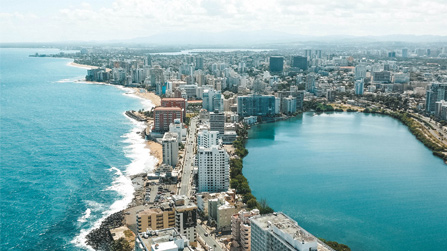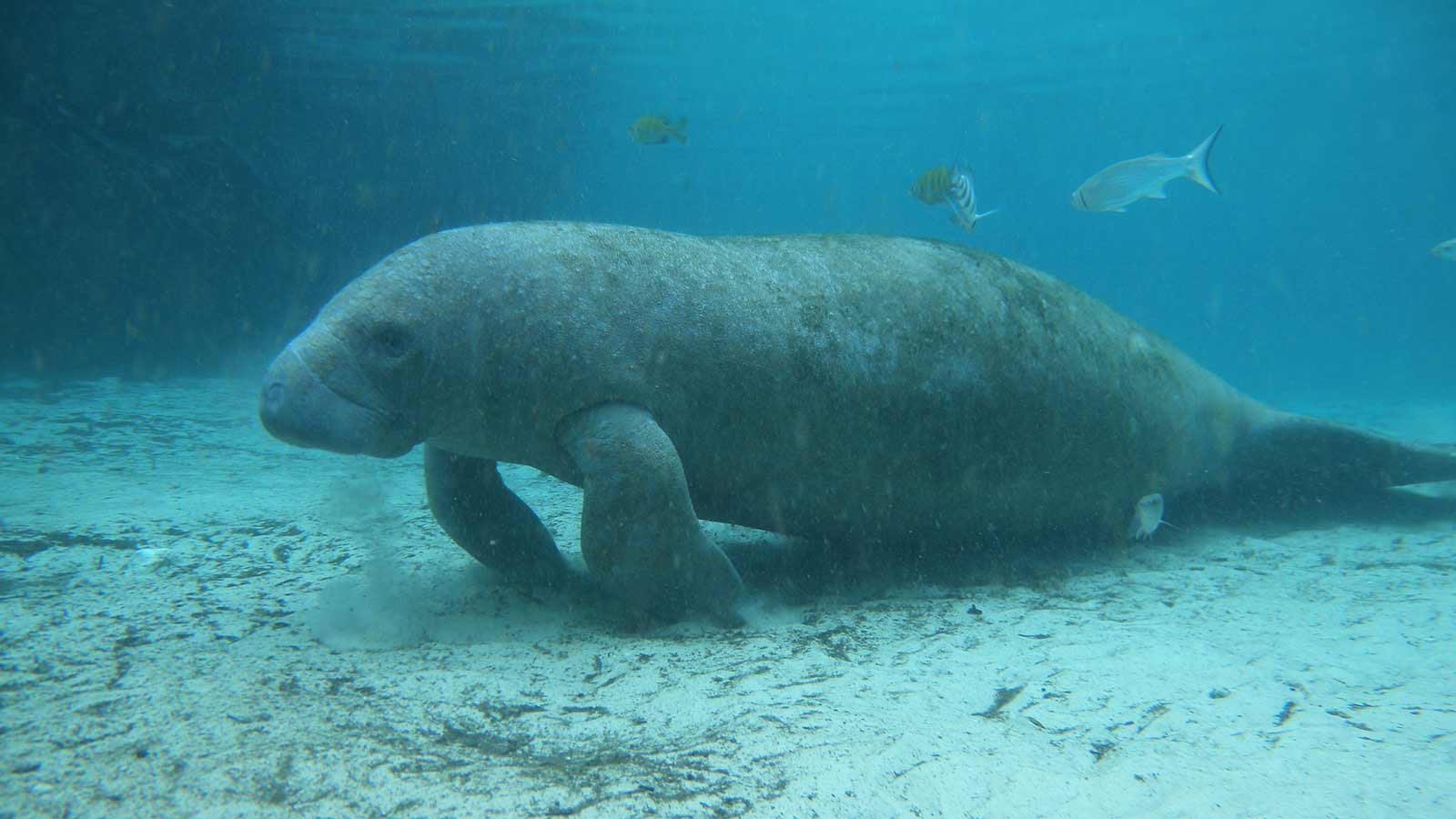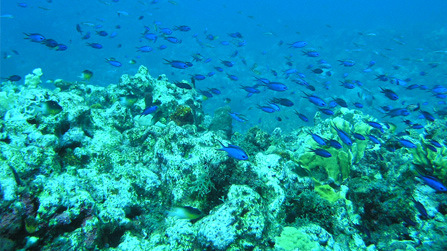PRCCC Working Groups
To carry out the objectives of the PRCCC four working groups were formed: (1) Geophysical and Chemical Scientific Knowledge; (2) Ecology and Biodiversity; (3) Society and Economy; (4) Communicating Climate Change and Coastal Hazards. The sectors being assessed by the first three working groups can be found in figure 1. Working Group 4 is different than the first three working groups in that they are not making assessments, but rather they are reviewing the outputs or products of the other three working groups and in addition creating an outreach and communications strategy for the entire effort to ensure results will be widely and effectively disseminated.
Assessing historic trends and possible future climate conditions for:
- Air and sea surface temperatures
- Precipitation Extreme events (downpours, droughts)
- Sea level rise
- Tropical Storms and Hurricanes
- Ocean Acidification
Assessing effects of climate change on:
- Beach ecosystems
- Wetlands
- Forests
- Coral Reefs
- Submerged Aquatic Vegetation
- Lagoons/Bioluminescent Bays
- Cays and Islets
- Amphibians and Reptiles
- Sea Turtles
- Marine Mammals
- Sea Birds and Shore Birds
- Coastal and Pelagic Fishes
Working Group 3
Effects on society and economy

Assessing impacts to:
- Economic development (i.e., livelihoods, tourism and recreation, industry, fisheries)
- Critical infrastructure
- Coastal communities
- Historical and cultural preservation
- Disaster management
Working Group 4
Communicating Climate Change and Coastal Hazards

- Reviewing content of Working Groups 1, 2, and 3 to unify messages and make understandable to general audiences and policymakers.
- Developing outreach and media strategy
Figure 1: PRCCC Working Groups, their responsibilities, and sectors assessed


